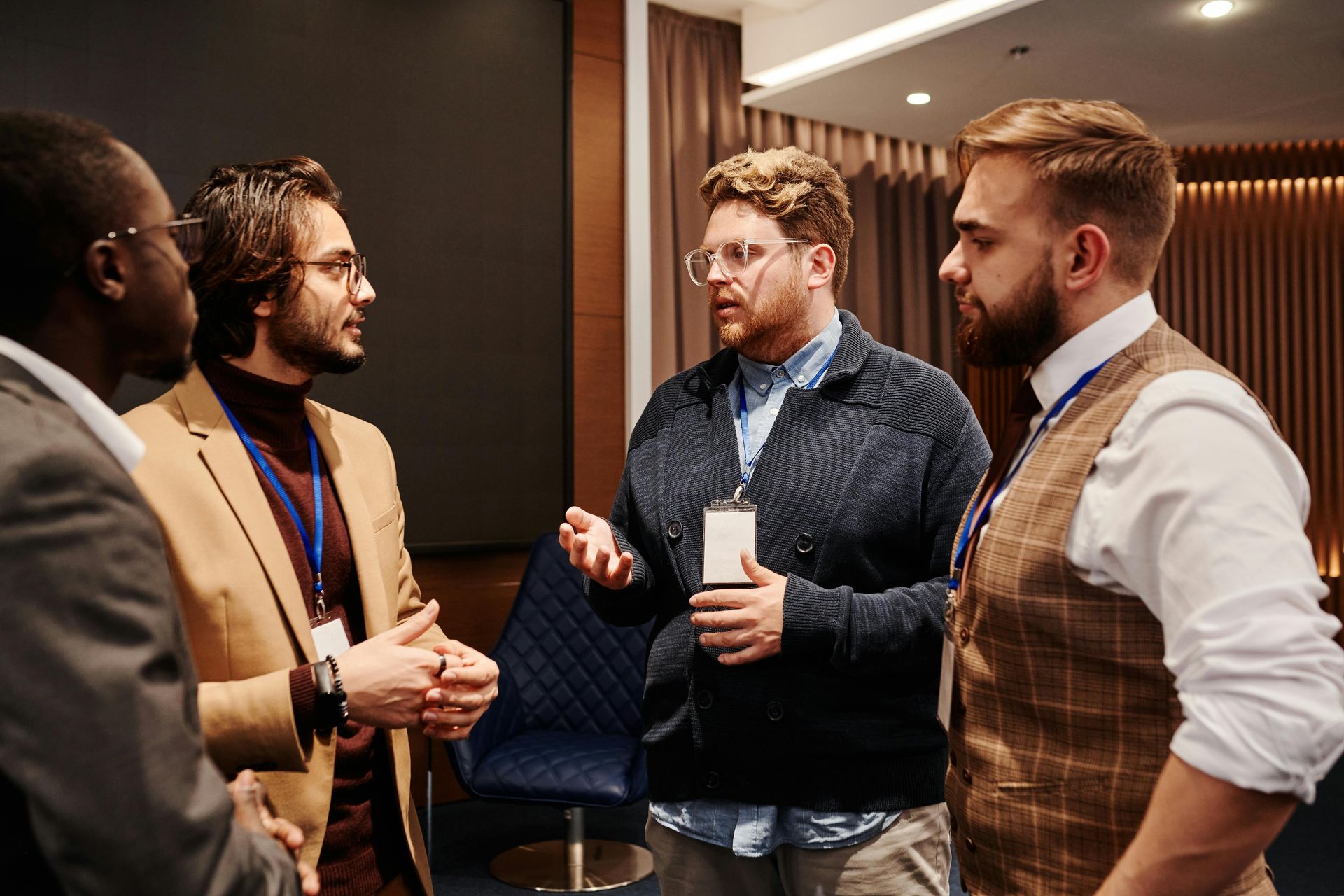Contact Us
Phone:
Email:
Location:
1234 Street Name, City, State 12345
Hours:
Mon - Fri 8am to 4pm
The NIH Sacrifices Scientific Rigor for DEI
Its First program pushes institutions to hire medical researchers based on their ideological commitment.
By John Sailer
The Wall Street Journal
March 12, 2024
Thanks to a grant from the National Institutes of Health, Cornell University is able to support several professors in fields including genetics, computational biology and neurobiology. In its funding proposal, the university emphasizes a strange metric for evaluating hard scientists: Each applicant’s “statement on contribution to diversity” was to “receive significant weight in the evaluation.”
It might seem counterintuitive to prioritize “diversity statements” while hiring neurobiologists—but not at the NIH. The agency for several years has pushed this practice across the country through its Faculty Institutional Recruitment for Sustainable Transformation program—First for short—which funds diversity-focused faculty hiring in the biomedical sciences.
Through dozens of public-records requests, I have acquired thousands of pages of documents related to the program—grant proposals, emails, hiring rubrics and more. The information reveals how the NIH enforces an ideological agenda, prompting universities and medical schools to vet potential biomedical scientists for wrongthink regarding diversity.
The First program requires all grant recipients to use “diversity statements” for their newly funded hires. Northwestern University suggests it will adapt a diversity-statement rubric created by the University of California, Berkeley. It isn’t alone. A year ago I acquired the rubrics used by the NIH First programs at the University of South Carolina and the University of New Mexico, which I discussed in these pages. Both used Berkeley’s rubric almost verbatim.
That rubric penalizes job candidates for espousing colorblind equality and gives low scores to those who say they intend to “treat everyone the same.” It likewise docks candidates who express skepticism about the practice of dividing students and faculty into racially segregated “affinity groups.”
These responses aren’t merely administrative; the requirements carry serious weight throughout the NIH First programs, often valued on par with conventional measures of academic excellence. The University of Alabama at Birmingham and Tuskegee University jointly received an NIH grant in 2021 to hire researchers studying cancer, diabetes and cardiovascular disease. The institutions noted in their proposal that “the statement of diversity will be heavily weighted during the selection process.”
Other programs have sought to redefine excellence with an ideological gloss. As a part of its First program, San Diego State University required search committee members to attend an “equity-minded hiring” seminar. A handout for the program discusses redefining the concept of “merit” by incorporating such “equity-minded” indicators as an education in social justice and “experience acting as an equity advocate.” Another handout, an applicant screening tool, prompts hiring committees to assess whether scientists are “critically conscious,” that is, whether they have “the ability to speak with complexity” on DEI.
The records underscore that scientists simply can’t get hired in the program without an outstanding DEI score. Northwestern’s grant progress report describes an evaluation rubric that equally weighs a “commitment to diversity” and research potential—a remarkable value judgment for a program focused on cancer, cardiovascular health and neuroscience.
The priority is especially troubling given what DEI programs typically entail. The University of South Carolina promises to integrate critical race theory into its program’s design and to emulate activist public-health scholars in their “efforts to bring critical race theory to the forefront of society.”
Others, like Drexel University and Vanderbilt University Medical Center, fully embrace the language of left-wing identity politics. “Our culture and climate,” Northwestern’s proposal confesses, “was founded on values and ideas of White, Eurocentric males and perpetuated by structures that enable continued marginalization of URG”—underrepresented group—“faculty.” The program promises to create “Safe Space Ambassadors” to host discussions on topics like “navigating intersectional workplace oppressions.”
Lawmakers have begun to push back against DEI in general and diversity statements in particular. The University of North Carolina Board of Governors has effectively banned the use of such statements, as have legislators in Texas, Florida and Utah. Even liberal professors have argued that diversity statements amount to unconstitutional viewpoint discrimination.
Yet with the NIH’s help, the policy persists in red and blue states. The University of New Mexico’s program, which focuses on neuroscience and data science, devotes a third of the points on its applicant screening rubric to criteria such as “DEI Knowledge” and “DEI Track Record.” Florida State University’s program, which has hired faculty in psychology and nursing, devotes 28% of its rubric to DEI.
The latter example raises questions about compliance with anti-DEI laws. In June 2023, Texas Gov. Greg Abbott signed legislation banning both diversity statements and DEI offices at state universities. That month the University of Texas at Dallas and the University of Texas Southwestern Medical Center received NIH First grants after declaring in their joint proposal: “Our goal is to become the public face of DEI for the Dallas metro area, and as a model for the nation.”
The agency’s program wields influence even beyond the institutions it funds. Tufts University’s Provost Caroline Genco spearheaded an application for the NIH First program in 2021. Tufts evidently didn’t get the funding but has nevertheless announced a universitywide DEI-themed cluster hire, led in part by Ms. Genco. Ohio State University, the University of Massachusetts Chan Medical School and the University of Cincinnati likewise applied for the program, didn’t receive funding, but pursued DEI-focused cohort hires anyway.
The NIH First program matters because it supports biomedical researchers and thus biomedical science. In medical research, lives depend on putting excellence first. The NIH distorts that value, subordinating it to political ideology and endangering those it’s supposed to serve.
Mr. Sailer is a senior fellow at the National Association of Scholars.


Email:
Contact@dftdunite.org
Mailing Address:
PO Box 355
Davidson NC, 28036
Location:
Office Only - DO NOT MAIL
209 Delburg Street, Suite 107
Davidson, NC 28036
© 2022 All Rights Reserved | Davidsonians for Freedom of Thought and Discourse
Privacy Policy | Terms & Conditions | Disclaimer
Website powered by Neon One

